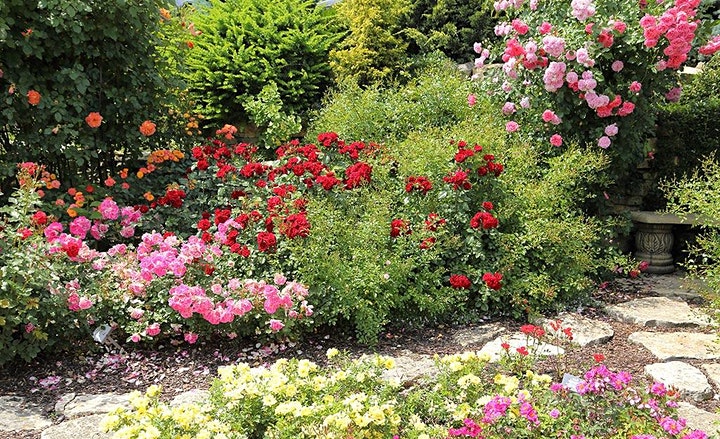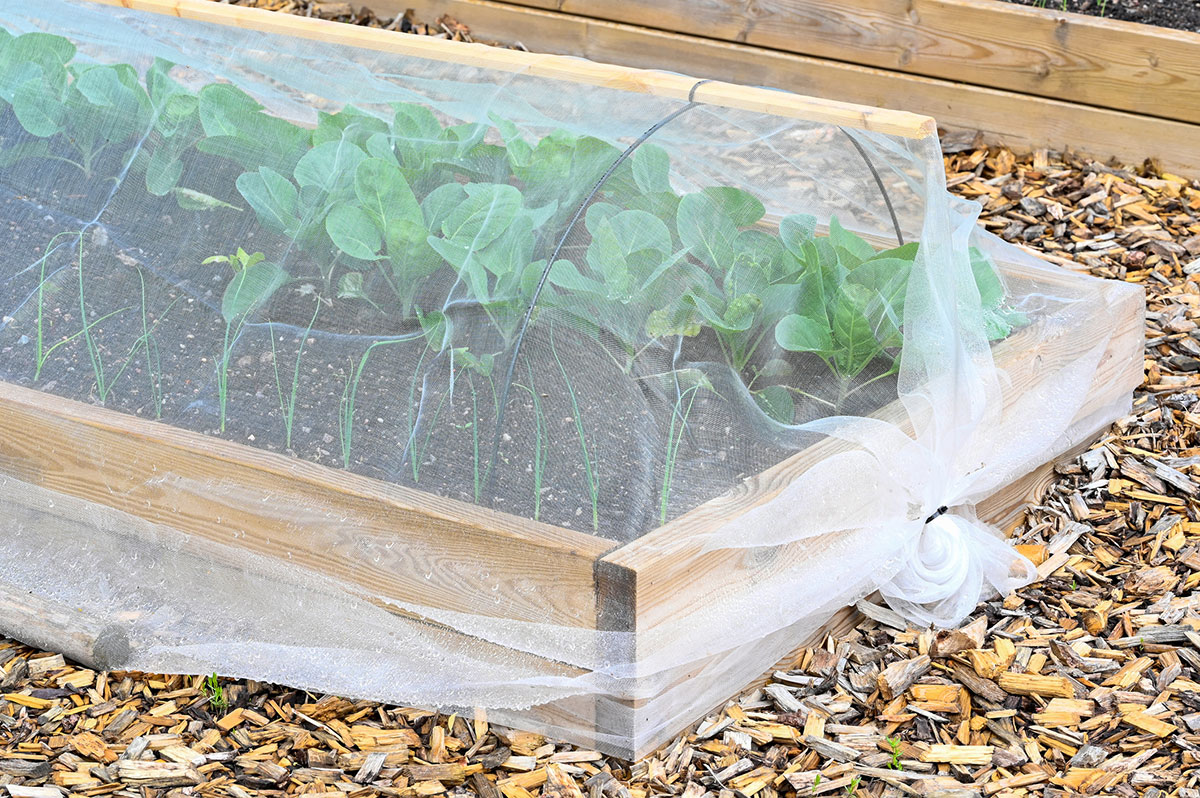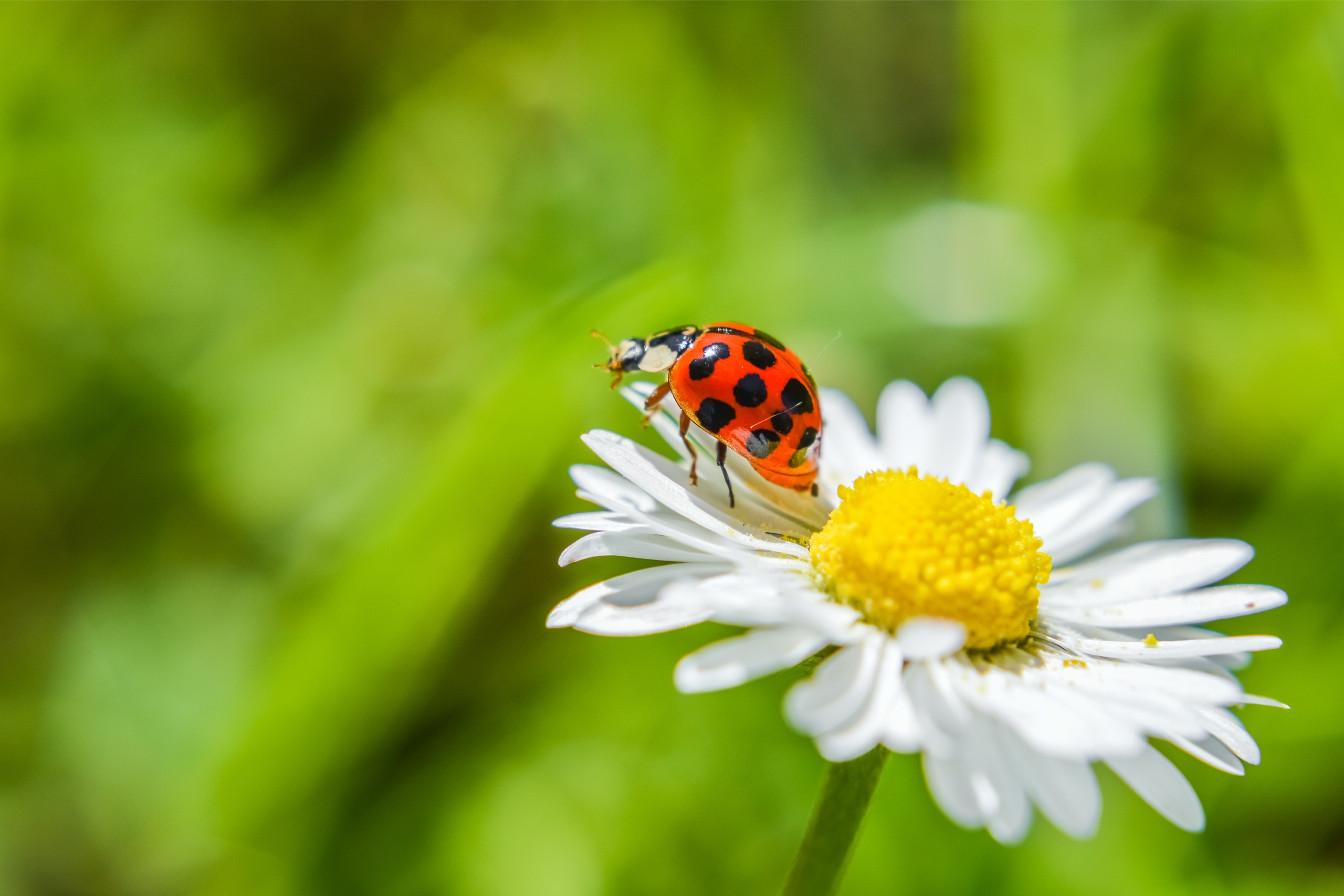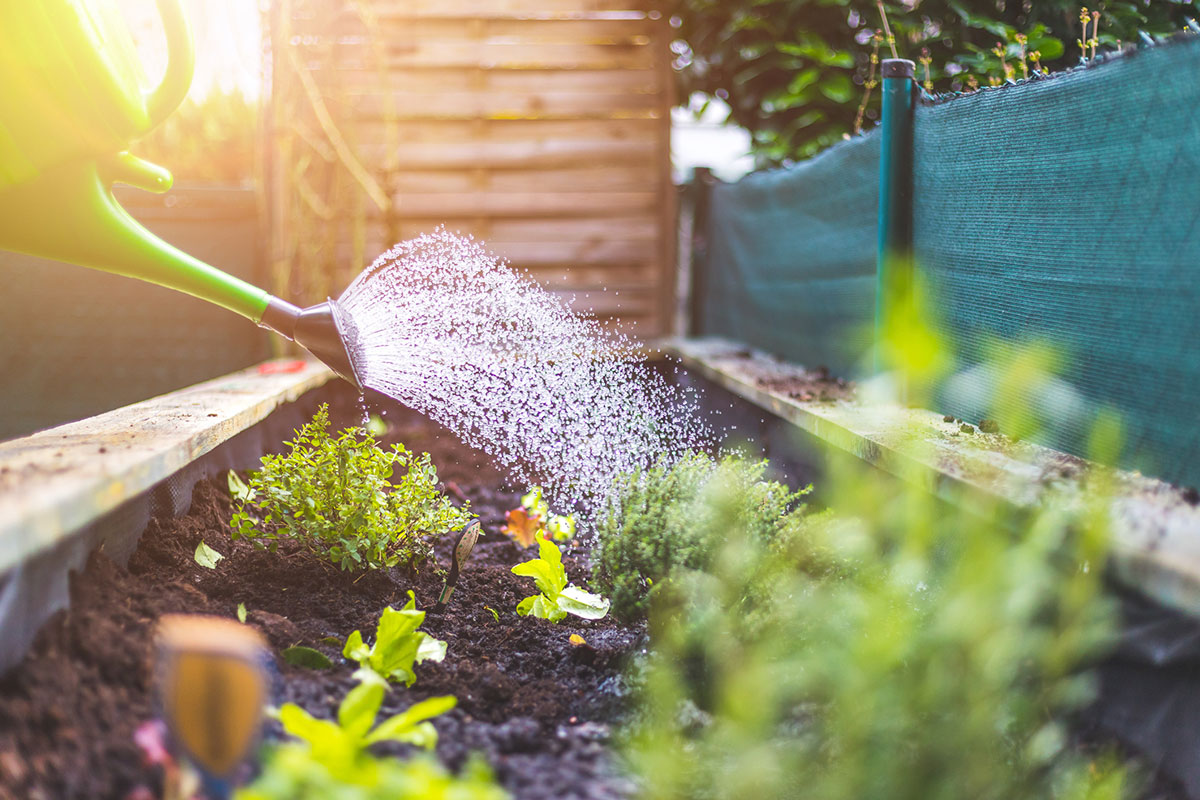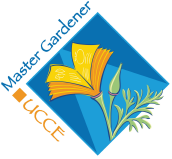Introduction
As gardeners increasingly question the safety and environmental impact of traditional pest control methods, natural pest control has come to the forefront as a safe, eco-friendly, and holistic approach to gardening.
At Lyngso, we understand that embarking on the journey of natural pest control can be challenging, especially for those just beginning to explore eco-friendly gardening methods. For this reason, we created this guide with natural pest control strategies and resources to enhance your knowledge and simplify the transition from conventional to natural pest control methods.


